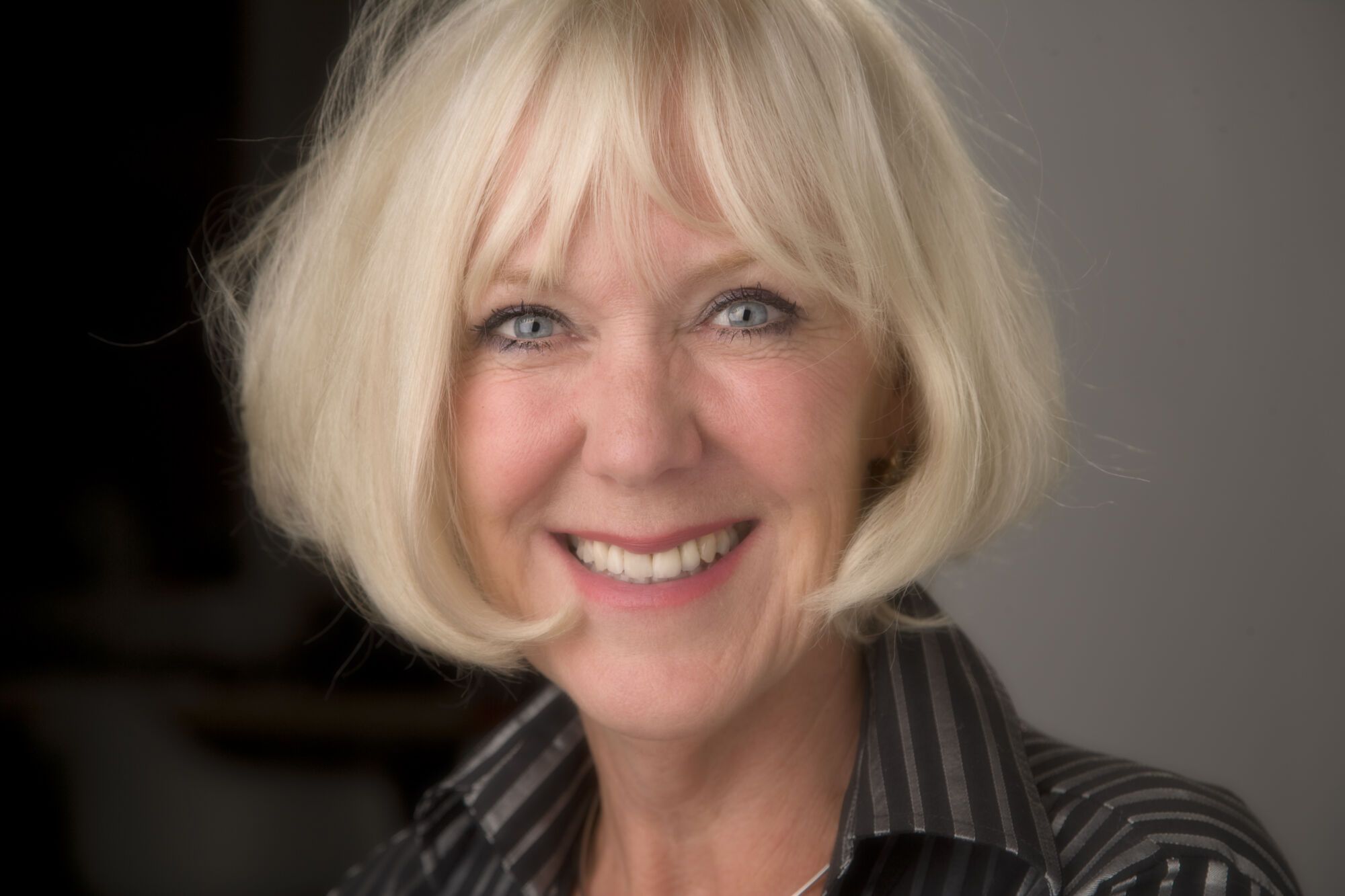Would you prefer to live alone or with others?
In Denmark, around 1.3 million people, choose to live on their own. In fact all of the Nordic countries have a high percentage of one person households. It is a more expensive choice but , if money was no object, which would you choose?
Danish parents actively encourage their chicks to fly the nest. If they’re still living at home in their 20’s, there must be something wrong. In Mediterranean countries , parents want their grown-up children to remain at home.
After all, how could Gianpaulo possibly survive without his mama’s home-made pasta? While the idea that Per wants to stay to eat “mors frikadeller”, doesn’t quite add up.
Like many Brits, I left home at eighteen years old to go to university in another city. During my student days in Bristol, I shared accommodation and many continued to do so in their professional life.
Working as an actor in London, I lived in a house with 4 others. We had one bathroom, a small kitchen and a phone in the hall. It was an atmosphere of constant irritation (other’s choice of music) , anger (other’s political views or life styles) , frustration (you guessed – the bathroom always occupied and fun – lots of it (impromptu parties, jokes, silly situations).
Life in a shared home is never predictable, whereas living alone, you can enjoy setting your own agenda.
Also you can’t help but get to know people when you live with them. One flatmate called Brian, could never share anything with anyone. We learned to live with this, because he was nice enough.
But one day another flatmate spotted two eggs in the fridge with the letter B written on them in pencil. She yelled at Brian:
“So now you’re even writing your name on eggs! What the hell is wrong with you?“
There was a shocked silence, and we all looked at Brian.
He replied: “Actually the “B” stands for “boiled“.
Soon afterwards he earned enough to buy his own, strictly bachelor, flat.
Statistics Denmark found that one in 12 Danes between the ages of 30 and 50 either seldom or never meet friends, or seldom or never meet their family. They live alone and rarely, if ever, invite people into their homes .
Danes receive money from the government for rent if they have a low income and for child support if they’re divorced. In this way the Danish welfare system supports being single. But the welfare system doesn’t love you, and hopefully your friends and family do.
Many of my Copenhagen friends, even those in a relationship, choose to live alone . But I think that things are beginning to change.
Many of them are now looking to share their living space. Lene, for example rented out rooms until, one day she decided that, more than the extra money, she “needed her space“, so they were asked to move out.
She loved her new-found solitude, dancing naked around the apartment to her favourite music. But soon she began to realise that, although the remote was all hers to watch her favourite Netflix series, there was no one to chat with about the plot.
No more spontaneous take-away nights, just lonely dinners for one. She concluded that what life offers is best shared, even if it means sacrificing a little personal space.


